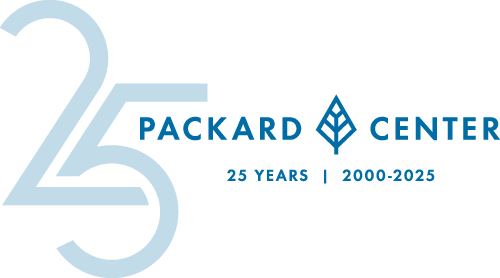


New Phase 2 trial results show promise for ALS

Results of a new Phase 2 randomized clinical trial in 137 patients with ALS showed that treatment with the drugs sodium phenylbutyrate and taurursodiol, combined together, could significantly slow functional decline over 24 weeks compared to placebo.
Results of a new Phase 2 randomized clinical trial in 137 patients with ALS showed that treatment with the drugs sodium phenylbutyrate and taurursodiol, combined together, could significantly slow functional decline over 24 weeks compared to placebo. The study was led by the Northeast ALS Consortium, including Packard medical director Jeffrey Rothstein at Johns Hopkins University. Results of the trial, named CENTAUR, were published in the New England Journal of Medicine. The multicenter trial also measured secondary outcomes, including muscle strength and slow vital capacity (a measure of breathing function), but the trial drugs had no impact on these outcomes. A longer, larger Phase 3 trial may be needed to evaluate the efficacy and safety of sodium phenylbutyrate/taurursodiol in ALS in a larger cohort of patient and to validate these early findings.
Both compounds have already been approved by the FDA for other purposes. Sodium phenylbutyrate is used to treat genetic conditions called urea cycle disorders by allowing a person to excrete excess nitrogen. More recent work has shown that sodium phenylbutyrate can act as a chemical chaperone, which has led to interest in its ability to affect protein (mis)folding. Taurursodiol is a synthetically produced chemical found in bile that researchers have found can reduce the effects of apoptosis, also known as programmed cell death. The combination of these two drugs is believed to slow neuron death by reducing stress in the endoplasmic reticulum (an organelle involved in the synthesis of proteins and lipids) and mitigating mitochondrial dysfunction.
Although each drug had, individually, been approved by the FDA, a small pilot study was needed to show that the combination was safe in those with ALS. Once that study was completed, the Northeast ALS Consortium launched CENTAUR, a phase 2, randomized, placebo-controlled trial at 25 of its sites around the U.S. The study took place between June 2017 and September 2019 and enrolled 137 patients who were within 18 months of symptom onset. Participants were randomized in a 2:1 ratio to active drug vs. placebo, and the trial lasted for 24 weeks.
The primary outcome was the rate of decline in the Amyotrophic Lateral Sclerosis Functional Rating Scale Revised (ALSFRS-R) total score from baseline through trial end at week 24. Whereas people randomized to sodium phenylbutyrate/taurursodiol had an average decline of -1.24 points per month on the ALSFRS-R, those on placebo lost -1.66 points per month—a difference that was statistically significant. Secondary outcomes, including decline in muscle strength and breathing function, unfortunately didn’t show any differences between the groups.
The results are promising, but a larger trial is necessary for better results on safety and efficacy, the researchers concluded.
Read more about the trial in a recent article on www.nytimes.com
